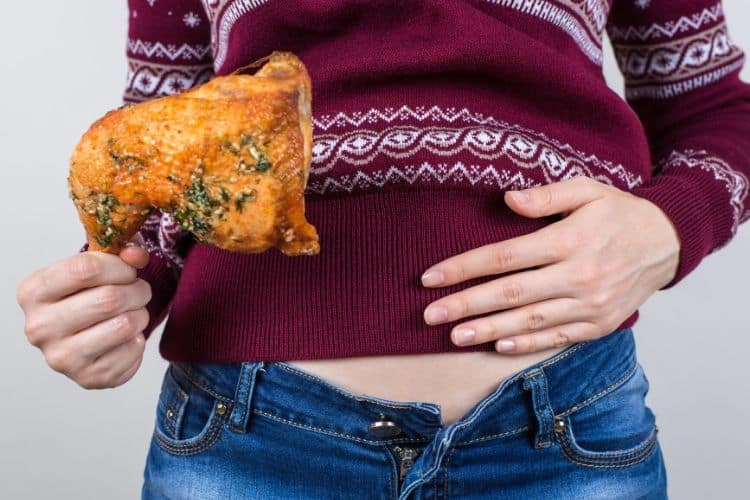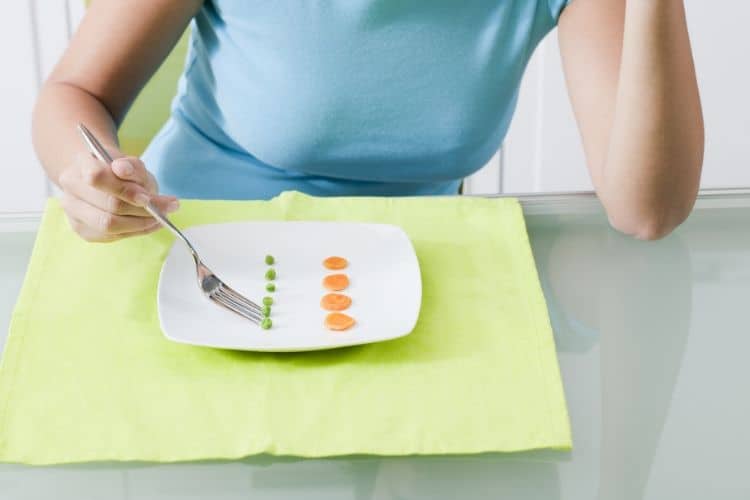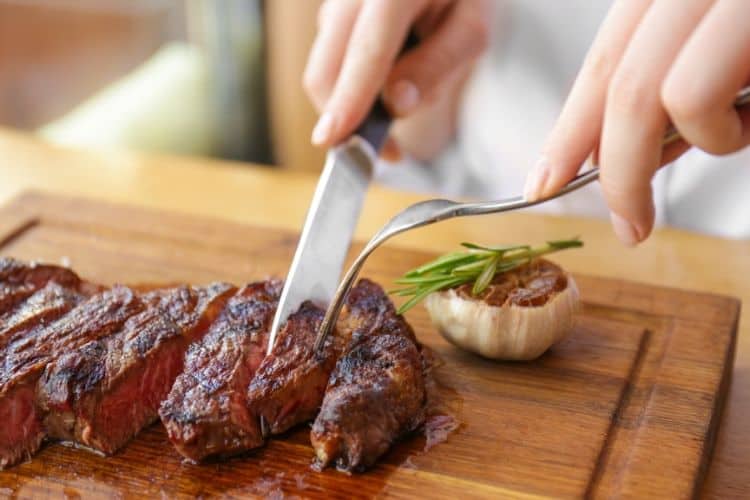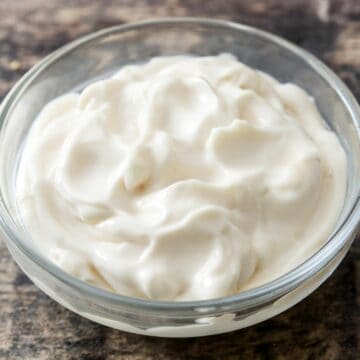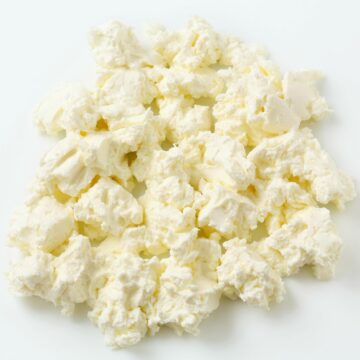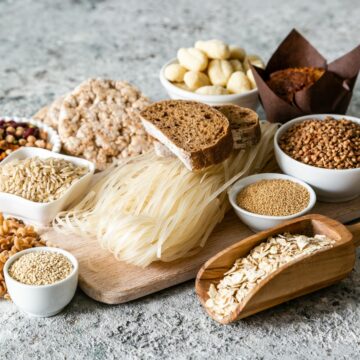Keto diets are touted as the secret ingredient to burning fat and keeping that weight off.
The point of keto diets is to restrict your carbohydrate intake so that your body enters a state of ketosis and starts burning fats.
Keto diets are tough to stick to but they can produce amazing results.
However, what if you find that your keto diet is not working?
You’re sticking to your diet and exercise, yet you still seem unable to lose weight.
Many people become discouraged if they feel like their weight loss regimen is not working, and so are more likely to drop the diet.
As it turns out, there are several common mistakes you might be making that are preventing your diet from working.
Here are some common reasons why you might not be losing weight on keto.
1. Too Many Calories
A lot of people on the keto diet focus entirely on cutting out carbs and forget a more fundamental part of dieting: controlling your calorie intake.
Even if you have cut out carbs and your body is burning fats you might be eating too many calories, which just ends up being stored as fat and results in weight gain.
Like any diet, keto won’t work if you are not in a calorie deficit and you won't lose weight.
So give your diet plan a look and make sure that you are cutting calories wherever you can, along with carbs and this should result in weight loss.
2. Too Few Calories
On the flip side, weight loss on your keto diet could not be happening because you are eating too few calories.
Here is how this works: when you are starved for calories past a certain point, your body enters “starvation” mode, and your metabolism greatly slows down so you no longer lose weight.
So even if you are consuming less food and carbs overall, your body is not burning those as fuel and instead stores them as fat.
The key is to hit the right calorie balance that is deficient, but not so deficient that you put your body in starvation mode.
Consider using a calorie counter to figure out what your optimal calorie intake is so that you can reach your weight loss goals.
3. You Are Still Eating Too Many Carbs
Another reason could be that your body is not truly in ketosis because you still are consuming carbs.
Losing weight in ketosis is the main goal of a ketogenic diet.
If you are not diligently tracking your carb intake, then it can be very easy to actually eat too many carbs and put your body out of a state of ketosis, which again means you will not lose weight.
The problem is that many food items, while their core ingredients are carb fee, may have additives and packaging substances that increase their carb count.
These kinds of hidden carbs can be tough to figure out, so you need to do your research and make sure you really are eating foods that are low in carbs.
Carbs can hide in innocuous places, which can throw a wrench in the gears of your keto efforts.
4. Too Much Protein
The ketogenic diet is supposed to be high in protein, but too much protein can actually make your efforts less effective.
Ingesting too much protein can actually take your body out of a state of ketosis and make you unable to lose weight.
When you have high protein levels, the body converts that extra protein into glucose (sugar).
Your body will then switch to burning glucose instead of fat.
The key is to eat a moderate-protein diet.
Experts recommend that no more than 20%-30% of your calories should come from proteins.
That translates to about 0.4g of protein per pound of body weight.
So if you weigh 170 lbs, then you should try to eat about 60g of protein per day.
You also need to make sure you are getting the right kinds of proteins that have essential amino acids your body cannot synthesize on its own.
Meat and fish are good sources of complete proteins with essential amino acids.
5. Stress
Stress is not only unpleasant but it can negatively affect your weight loss efforts on the ketogenic diet.
When you experience high-stress levels, the body produces cortisol, a steroid that can regulate bodily functions.
Cortisol has a negative effect on the metabolism and makes it more difficult to burn fats.
The result is that high-stress levels prevent your body from burning fat effectively, and also make your body produce more fat.
Keeping stress levels low can be hard, but there are some simple things you can do to manage.
Make sure you are getting enough sleep and don’t forget to get some light-to-moderate regular exercise.
Also, you should try not to get stressed if you feel like your diet isn’t working.
It’s not the end of the world after all.
6. You Are Drinking Too Much Alcohol
Some alcoholic beverages, such as wine or pure spirits like whiskey or vodka, are low in carbs and OK to drink in moderation while on keto.
Be careful with sugary mixed drinks as these can have a ton of extra sugars and carbs.
The real keto killer is beer.
Beer is normally made from grains and so has a very high-carb count.
A single 12 oz. serving of beer can have up to 13g of carbs, enough to go over your daily count with a single drink.
So if you drink beer pretty frequently, that is probably what is keeping you from successfully losing weight.
The best option is to cut beer out of your diet, but if that won’t work, limit yourself to 1 or 2 beers a week.
There are also some low-carb keto-friendly beers you can buy, but these are often more expensive than regular beer.
Conclusions
Losing weight on the keto diet is something we all want.
Getting your body into an initial state of ketosis can be really hard, but once you do, you can lose weight fairly quickly.
The trick is to stick to a strict diet with a low-carb, medium-protein, and high-fat intake.
If your keto diet is not working, then there is likely some problem with your diet.
Also, keep in mind that keto diets are not for everyone.
Pre-existing conditions could make it dangerous for you to restrict your carb intake.
Before trying a ketogenic diet, make sure to talk to your doctor so you can draw up a suitable plan that meets your unique nutritional needs.
You may also want to combine intermittent fasting with your keto diet for weight loss.
Intermittent fasting goes hand in hand with a low-carb diet and can improve your weight loss results.

